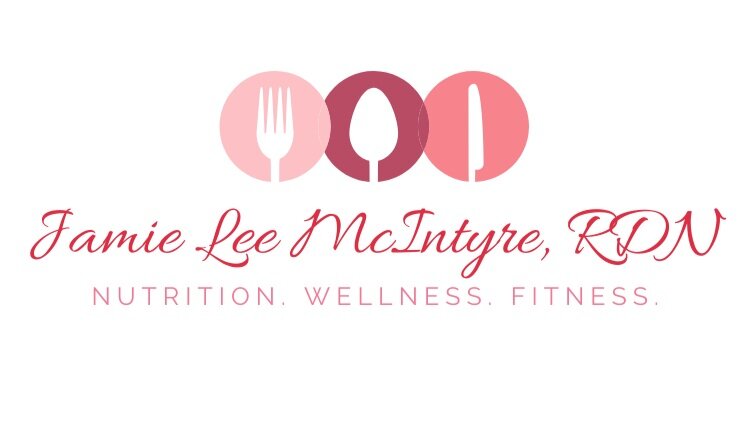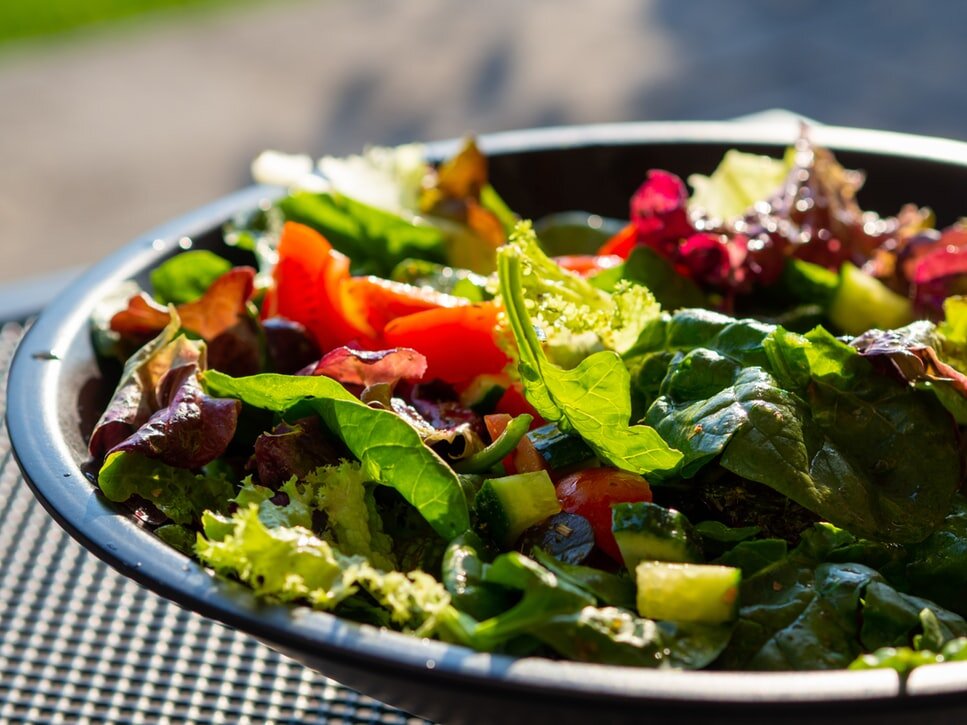Cancer-Protective Diet: Foods That Reduce Your Risk
Eat your greens for cancer prevention!
When it comes to alcohol, there is a known increased risk of several cancers (ie mouth, pharynx, larynx, esophagus, liver, breast, stomach and colorectum). There are several theories as to how alcohol increases risk, but researches are still working to identify the specific cause. The American Institute of Cancer Research recommends not to drink alcohol. However, modest amounts of alcohol may have a protective effect on other health conditions such as heart disease and type 2 diabetes. If you do choose to drink alcohol, limit to 1 drink per day for women and 2 drinks per day for men. It is important to note that the standard serving size referred to in these recommendations differ between the several types of alcohol. One serving = 12 fl oz of regular beer, 8-9 oz of malt liquor, 5 fl oz of table wine and 1.5 fl oz show of 80-proof spirits.
A cancer-protective diet focuses on plant-based foods rich in nutrients, fiber, and phytochemicals—the natural compounds in plants responsible for color, flavor, and aroma. Phytochemicals have been shown in research to:
Boost immunity
Reduce inflammation
Prevent DNA damage and aid repair
Slow cancer cell growth
Promote cancer cell apoptosis (self-destruction)
Regulate hormones
Reduce oxidative stress
These powerful effects make a diet rich in fruits, vegetables, legumes, nuts, seeds, and whole grains a cornerstone of cancer prevention.
Best Cancer-Fighting Foods
For optimal benefits, consume phytochemicals in their whole food forms rather than supplements. Brightly colored produce tends to be the most potent source of these nutrients. Include at least one item from the following categories in each meal and snack:
Vegetables: Kale, spinach, broccoli, Brussels sprouts, carrots, red bell peppers, tomatoes
Fruits: Berries, oranges, grapes, apples, pears, plums
Legumes & Beans: Chickpeas, black beans, kidney beans, lentils
Nuts & Seeds: Almonds, walnuts, chia seeds, flaxseeds
Whole Grains: Oats, quinoa, barley, brown rice
Foods to Limit for Cancer Prevention
1. Red and Processed Meats
Eating more than 18 oz of red meat (beef, pork, lamb) per week increases colorectal cancer risk.
Processed meats, like bacon, deli meats, and cured meats, increase the risk of colorectal and stomach cancers in any amount.
Tip: Limit intake, try meat-free days, or use safer cooking methods. Pair meals with high-fiber plant foods to aid digestion and reduce exposure in the intestines.
2. Added Sugars
Excess refined sugars contribute to weight gain and higher body fat, which is linked to cancer risk.
Enjoy sweets in moderation and choose nutrient-rich alternatives:
Sparkling water instead of soda
Plain yogurt with fresh fruit instead of sweetened varieties
A small square of dark chocolate as a treat
3. Alcohol
Alcohol is linked to an increased risk of cancers of the mouth, throat, liver, breast, and digestive tract.
Moderate consumption may offer heart benefits, but limit intake:
Women: ≤ 1 drink/day
Men: ≤ 2 drinks/day
Standard serving sizes: 12 fl oz beer, 8–9 fl oz malt liquor, 5 fl oz wine, 1.5 fl oz 80-proof spirits
Focus on Foods to Eat Regularly
The best strategy for a cancer-preventive diet is emphasizing foods you should eat in abundance:
Fruits and vegetables: Aim for a variety of colors and types daily
Legumes and beans: Include in salads, soups, or as a side dish
Whole grains: Choose brown rice, oats, quinoa, or barley over refined grains
Nuts and seeds: Add to snacks, breakfast bowls, or salads for healthy fats
For recipes specifically designed for cancer prevention, check out the American Institute for Cancer Research’s collection here: Healthy Recipes for Cancer Prevention

